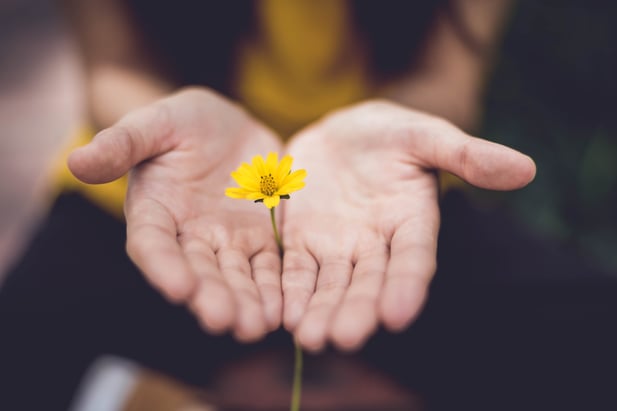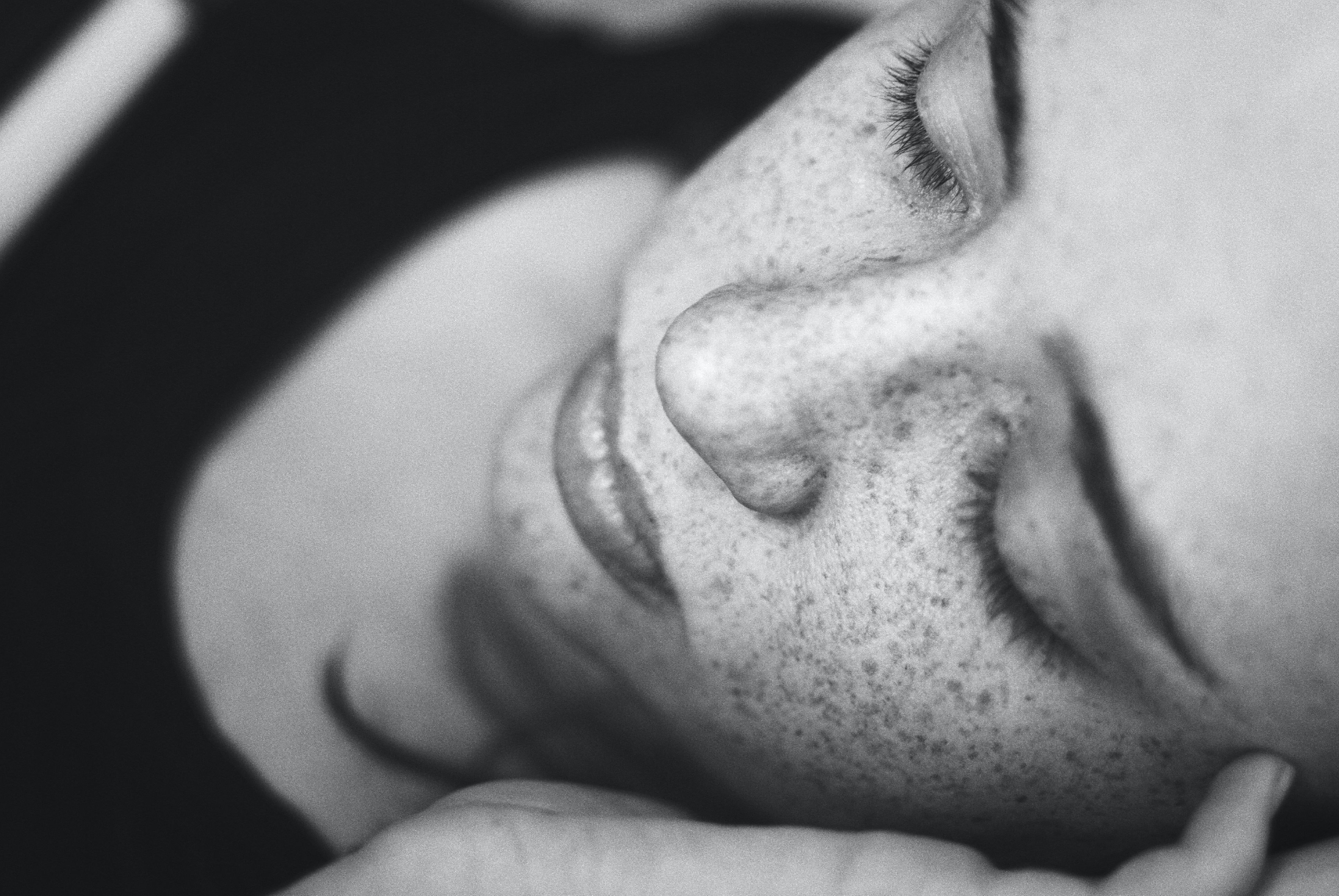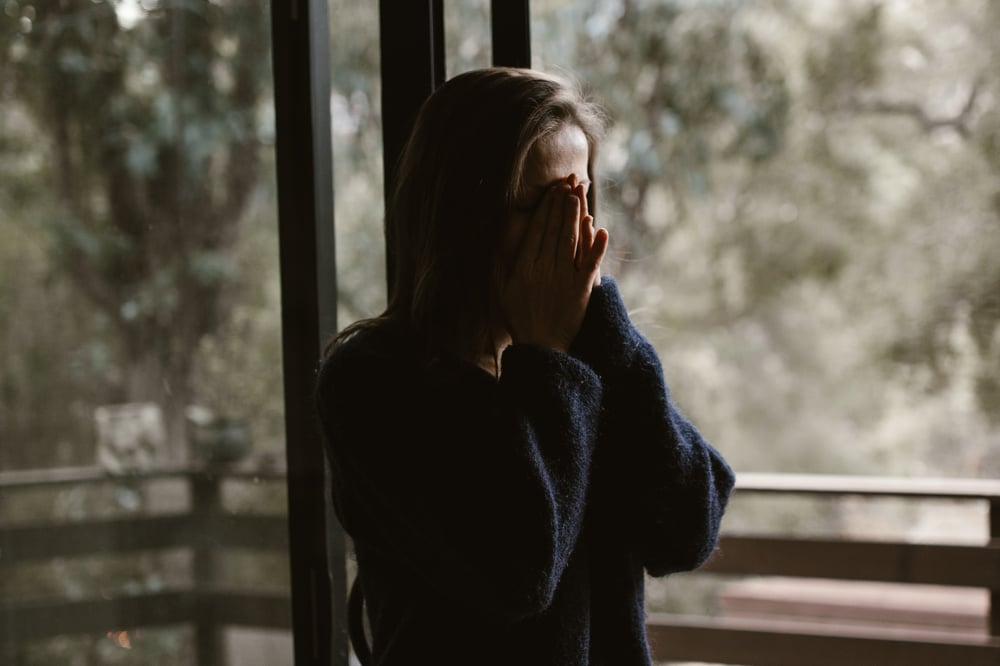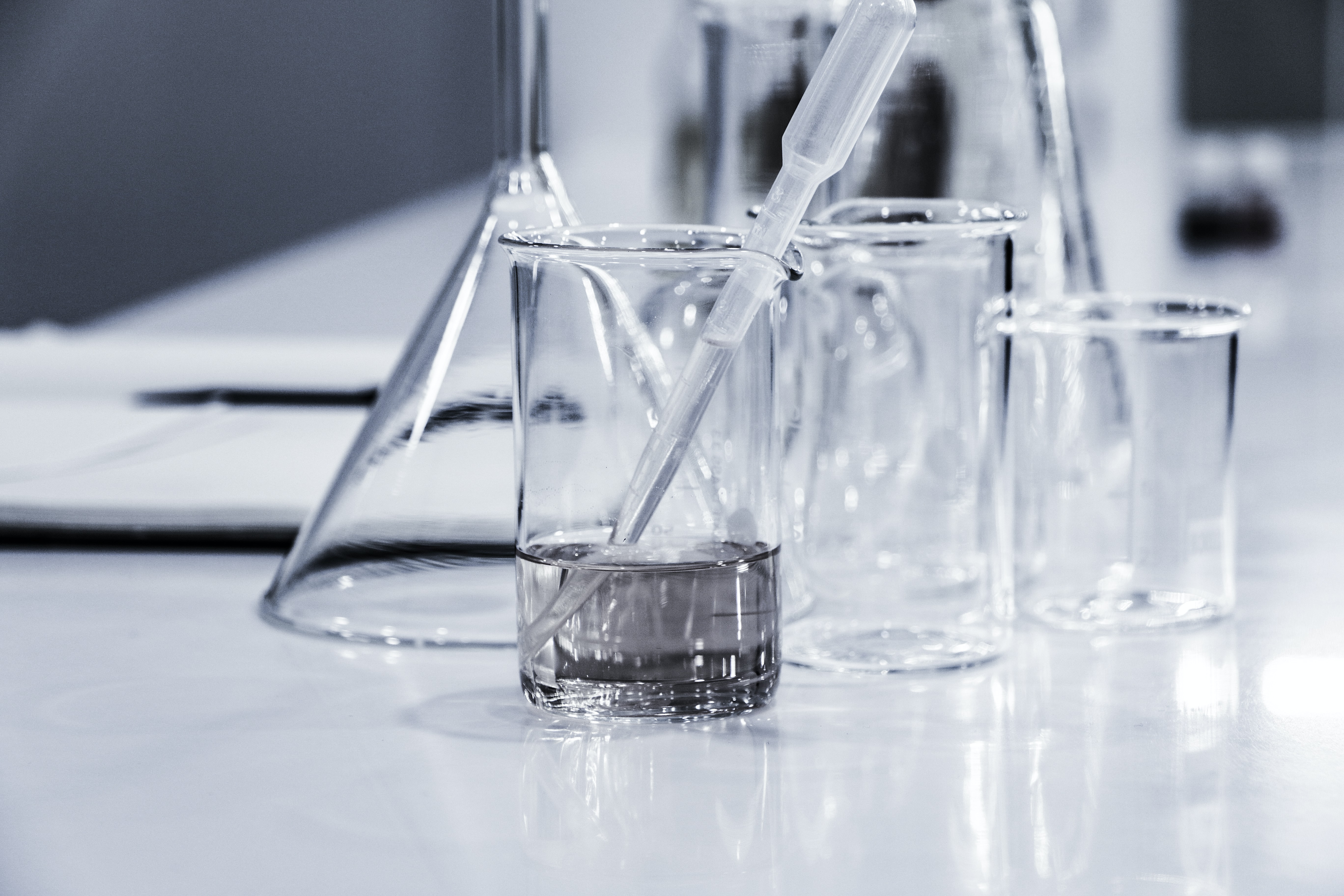Although indigenous shamans and curanderos have known for centuries that Ayahuasca holds immense healing capacities and can dramatically transform a person’s life, science has been diligently trying to prove these assertions. Researchers have been investigating how this Amazonian plant can heal or have measurable impacts on a physical and psychological level. With the body of evidence growing, especially from Peru and other parts of South America, we can look forward to a future where Ayahuasca may be used therapeutically by mainstream medical professionals. Here we share some of what Ayahuasca research has taught us so far.
For those who’ve experienced transformative experiences with this powerful medicine, we don’t have to explain that science doesn’t necessarily have all the answers when it comes to understanding this South American psychedelic plant.
It is important to note that rigorous research with Ayahuasca is difficult to conduct in countries where it is not legal. Retreat Guru is dedicated to updating this article as more studies come out.
Ayahuasca and depression

Longitudinal studies conducted in Brazil involving patients with recurrent or treatment-resistant depression have found the long-term impacts of Ayahuasca on a patient’s general outlook inspiring. Participants report positive changes to their overall view of their wellbeing and life experience and many rate their experience with the medicine among the most important of their life, even four to seven years later.
A 2017 literature review published in Mental Health Clinician examined a number of short-term and longitudinal studies that have shown a decrease in psychopathology scores as well as lower acute psychiatric symptom scores in Ayahuasca patients. Improvements in body image, satisfaction, serenity, and joy were also reported.
Decreased disordered eating: In a 2018 study published in Eating and Weight Disorders, participants reported that their Ayahuasca experienced catalyzed a dramatic decrease in disordered eating thoughts, helped them to heal the root cause of disordered eating, supported the internalization of greater self-love, and inspired a spiritual experience.
Decreased perceived stress and depression: A 2018 study in Psychopharmacology found sub-acute and long-term improvements in effect, as well as a decrease in perceived stress and depression among Ayahuasca users who did not have a diagnosed pathology. These effects persisted for four weeks following a single ceremony, giving the researchers grounds to suggest the potential for Ayahuasca to have therapeutic applications.
Ayahuasca and overall well-being

Increases Mindfulness: A study of 20 people published in Frontiers in Pharmacology indicated that consuming Ayahuasca once weekly for four weeks was just as effective as an eight-week mindfulness-based stress reduction program at increasing acceptance, a component of mindfulness that plays a critical role in psychological health. Other studies have found similar results, noting that Ayahuasca may improve mindfulness, mood, and emotional regulation.
Increases confidence and optimism: A 2011 study of first-time ritual Ayahuasca drinkers in Brazil found statistically significant increases in confidence, optimism, and independence.
Increases joy, assertiveness and serenity: A 2005 study found increases in joy, assertiveness, and serenity among first-time ceremony participants in traditional Brazilian settings, both in the Santo Daime church and União do Vegetal. Both studies focused on the setting of a traditional Ayahuasca ceremony rather than clinical trials, noting the importance of where and how the medicine was delivered.
Lowers tendency to worry, increased self-transcendence: Ayahuasca also changes the way participants think. Long-term Ayahuasca users score significantly lower in their tendency towards pessimistic worry in anticipation of future problems, and they scored higher in the quality of self-transcendence. This characteristic is typical of spirituality, religiousness, and a sense of being part of the universe as a whole.

Increases attention and cognitive control, decreased association with ego: A 2015 study published in European Neuropsychopharmacology highlights the ability of prolonged Ayahuasca work to change brain structure and personality traits. The study states: “The most prominent difference observed was thinning in the posterior cingulate cortex, a part of the brain posited to be a central communication hub in a special brain network involved in high-level constructs such as the ego or self. Interestingly, the researchers also detected cortical thickening in the anterior cingulate cortex of ayahuasca users, an area of the brain believed to be involved in governing attention and cognitive control.”
Healthier lifestyle, lower use of prescription medications: A 2019 large-scale study in Spain published in The Journal of Psychoactive Drugs took a broad look at overall improvements in health status, social wellbeing, coping strategies and lifestyle. Surveys were administered in locations where Ayahuasca ceremonies were being conducted and found that long-term Ayahuasca use was positively correlated with higher perceptions of health and healthy lifestyle as well as lower use of prescription drugs.
Physiological benefits of Ayahuasca

Promotes overall brain health: Many of the physiological benefits of Ayahuasca are linked to the changes that occur from reduced use of substances and drug addictions, increased healthy habits and improved self-image. But DMT or dimethyltryptamine, the main chemical component created when Ayahuasca’s two main ingredients banisteriopsis caapi and psychotria viridis are combined, may have properties that actually protect the brain. By activating the sigma-1 receptor and reducing the effects of oxidative stress, DMT could have the potential benefit of mitigating hypoxia and promote overall brain health. A 2016 study published in Frontiers in Neuroscience revealed this important role that DMT plays in human neurobiology and postulates that Ayahuasca could be used to support this effect.
Protecting brain health, supporting circulatory system, reducing bone loss: Harmala alkaloids, which have predominantly been studied in the Syrian rue plant but are present in banisteriopsis caapi, have proved to promote a wealth of positive health side effects. A 2013 study published in Pharmacognosy Review concluded that harmine alkaloids can decrease systemic arterial blood pressure and act as a vasorelaxant; serve as a bronchodilator; produce antidiabetic effects; act as a neuroprotective for diseases like Parkinson’s; act as an antimicrobial, antifungal, antiparasitic compound, and antiprotozoal treatment; and treat some bone diseases by reducing bone loss. Syrian rue is a commonly used medicine in Iran, where it grows abundantly, suggesting potential for Ayahuasca to have similar therapeutic effects from the harmala alkaloids in the b. caapi vine
Improved sleep: This 2008 study published in Psychopharmacology found that daytime administration of the hallucinogenic substance promoted slow-wave sleep in healthy males and had no deleterious effects on perceived quality of sleep. The effects of Ayahuasca could interact with serotonin to modulate REM sleep, though more observational studies are recommended.
Ayahuasca and addiction

Reversing chemical dependencies: Ayahuasca research shows that use of Ayahuasca can help substance-addicted individuals reverse their chemical dependency on alcohol, tobacco, and even cocaine. A 2013 Western Canada-based study found statistically significant improvements in hopefulness, empowerment, mindfulness, and quality of life meaning following Ayahuasca sessions in facilitated ceremonial use.
Recovery from substance addiction, relapse prevention: A qualitative study published in The Journal of Psychoactive Drugs examined a sample of 13 therapists who apply Ayahuasca professionally in the treatment of addictions (four indigenous healers and nine Western mental health professionals), two researchers, and 14 patients who had undergone Ayahuasca-supported treatment for substance abuse in various contexts. Findings show that Ayahuasca has positive effects on reducing rates of drug use, and has the potential for therapeutic applications in carefully structured settings to bring about physiological and psychological processes that promote recovery from substance addiction and prevent relapse.
Decrease in cocaine use, increase in quality of life: Addiction specialist Dr. Gabor Mate has been a proponent of using Ayahuasca to support recovery for quite some time and has been facilitating targeted retreats around this work in Western Canada. Although Dr. Mate maintains that science hasn’t been able to prove why or how it works, there are enough anecdotal stories about healing to suggest something powerful happening. In this study conducted at a retreat for recovering addicts, statistically, significant reductions in cocaine use were documented among participants, as well as improvements in hopefulness, empowerment, mindfulness, and quality of life in follow-up surveys.
Ayahuasca and PTSD

PTSD is currently one of the more challenging disorders to accurately diagnose and treat effectively due to a general lack of knowledge about how it works. This means that the possibility for Ayahuasca to be a beneficial part of the healing process could mean a significant leap forward in healing for a large population of individuals.
There have been over 300 studies published since 2015 on the promising prospects of Ayahuasca to help ease the symptoms of post-traumatic stress disorder. A 2018 study published in Frontiers in Pharmacology suggests that Ayahuasca could help heal traumatic memories via a Sigma 1 receptor-mediated epigenetic-mnemonic process, in short allowing patients to access repressed memories to be worked with and healed in a facilitated process. This is based on the understanding that PTSD stems from the brain’s coping mechanism of repressing traumatic memories that then surface when triggered by certain situations.
Numerous other studies have explored the chemical processes by which psychedelic drugs can support the healing of PTSD and complex PTSD. In her book Listening to Ayahuasca: New Hope for Depression, Addiction, PTSD, and Anxiety, author Rachel Harris, PhD., discusses how Ayahuasca can disrupt the Default Mode Network and activate the parts of the brain that govern interoception and emotional processing. In this way, it is possible that working with Ayahuasca could stimulate the necessary emotional and neurobiological processing that gets shut down during a systemic traumatic response.
A 2014 publication titled The Therapeutic Use of Ayahuasca suggests, “Different than therapy that requires communication with a clinician, an added value of the Ayahuasca journey is that it takes individuals into a realm where they can be without pressure to explain what is beyond their intellectual capacity. In this realm, victims can be fully present to experience all emotional and sensational elements of their traumatic patterns, allowing them to finally find resolution with their past without the distraction of having to articulate details they struggle to comprehend on a conscious level” (Nielson and Megler, pg 42).
PTSD remains a mysterious disorder to many in the medical field, leaving patients often misdiagnosed and without adequate treatment. Ayahuasca could provide an avenue for those who don’t find success in the traditional system.
Shamanism

After evaluating the therapeutic potential of Ayahuasca, we hope if you do decide to seek an Ayahuasca experience that you find a reputable retreat center or shaman. When trying to find an Ayahuasca retreat that's right for you, always read reviews and ask the guide or facilitator questions. They should be happy to answer any questions you may have, send you a detailed medical questionnaire and provide you information about how to prepare for ceremony. It's important to note that this attention to detail and care should be taken when attending ceremonies with all psychoactive substances or ethnobotanical plants such as psilocybin, MDMA, LSD, huachuma, Kambo, and others. Many blessings on your journey.
